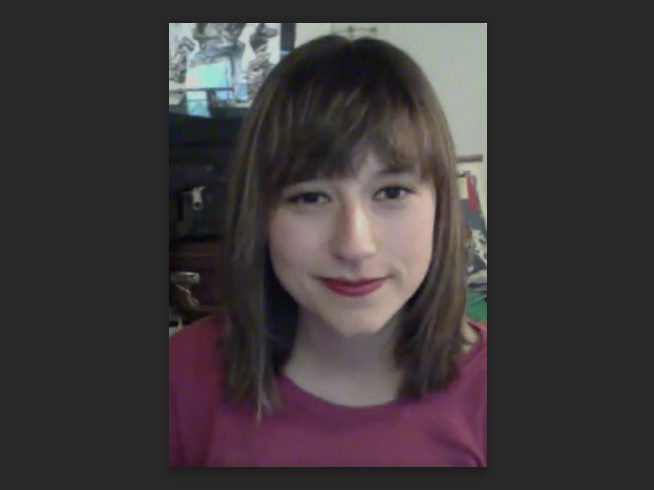by Kelsey Jirikils —
Do you know for sure that both your taillights work? That your windows are tinted an acceptable shade? That you signal every time you make a lane change? The reality is that, when you’re driving, you’re probably breaking some traffic law.
However, your chances of getting pulled over vary widely depending on your race. And if you do get pulled over, it is up to the cop’s discretion to decide whether you get a ticket or just a warning; if your car gets searched or if it doesn’t.
Traffic stops are one of the most common ways citizens have contact with police, but many traffic stops don’t need to happen. Many people, particularly young Black men, get pulled over for petty traffic or equipment violations (broken taillights, failure to signal, tinted windows, etc.).
These stops are commonly referred to as “pretextual traffic stops” because they give officers a pretext to further investigate. Pretextual traffic stops are harmful because they unfairly target people of color, result in fines and potential loss of life, and don’t reduce crime.
Multiple studies have found that there are racial disparities in traffic stops. A 2020 New York University study analyzing traffic stops from across the country found that black drivers are 20 percent more likely than their white counterparts to be stopped, relative to their share of the population.
Additionally, they are 1.5 to 2 times as likely to be searched once they are stopped even though they are less likely to be carrying drugs or guns. A recent study from The Policing Project assessed traffic stops by the Metropolitan Nashville Police Department and found that there were notable racial disparities; particularly, there were higher disparities for pretextual traffic stops.
The data shows that when cops are making decisions about who to pull over for minor infractions, they are letting more white people go and making more Black people stop. However, we can do something to change this.
As a community, we can decide to stop having police engage in pretextual traffic stops. By making that decision, we decrease the amount of choices individual cops have to make, we decrease the chances for their biases to come into play, and we decrease unnecessary policing on historically targeted communities.
Other communities are already realizing how important of a decision this is.
The Oregon Supreme Court decided in 2019 that officers can only ask relevant questions during a traffic stop, meaning they cannot pull someone over for a broken taillight and then ask about drugs. Within the past year, the Virginia General Assembly passed several laws to increase police accountability which included ending pretextual traffic stops.
Just a month ago, Philadelphia City Councilmember Isaiah Thomas introduced a bill to prevent pretextual traffic stops. This is a national conversation that Memphis needs to be a part of.
Philadelphia blazes a trail with Driving Equity law
Moreover, not only would ending pretextual traffic stops promote justice and equity, it would also help the police.
A recent analysis of the Memphis Police Department found that the department is overworked and understaffed. Police spend over 111,000 hours a year on average on traffic stops.
As a community, we have the opportunity to solve two issues at once. By ending pretextual traffic stops, we begin the process of long-needed police reform to ensure the safety of communities of color while being more strategic about how we ask our overworked police to engage with the community.
Some people resist the idea of ending pretextual traffic stops because they believe these kinds of stops keep people safe. However, the same study by The Policing Project found that making large numbers of traffic stops in high-crime neighborhoods does not appear to have any effect on crime.
Additionally, pretextual traffic stops can result in drivers losing their lives. In 2020, 121 people were killed during traffic stops nationwide. Expired tags, tinted windows, and broken taillights should not be death sentences. If our current practice of pretextual traffic stops is resulting in people dying, it’s time for something to change.
Pretextual traffic stops are bad for everyone. They systematically target people of color, they drain time from the overworked police force, they don’t reduce crime, and they can result in death.
We need to join the forward-thinking communities of Oregon, Virginia, and Philadelphia and end pretextual traffic stops. If you agree, contact your City Councilmember, County Commissioner and Police Chief to let them know this issue matters to you.
MPD Chief Davis weighs in on traffic stops
We have the power to shape our society to be more just and fair; that starts with ending pretextual traffic stops.
(Kelsey Jirikils is a member of DeCarcerate Memphis, a coalition of community leaders, activists, attorneys, strategists, clergy and concerned citizens who believe in a system of justice that is equitable and restorative for all, independent of police intervention. Weekly meetings are held every Thursday at 6 p.m. on Zoom. Email decarceratememphis@gmail.com for more information or go to DecarcerateMemphis.com.)



